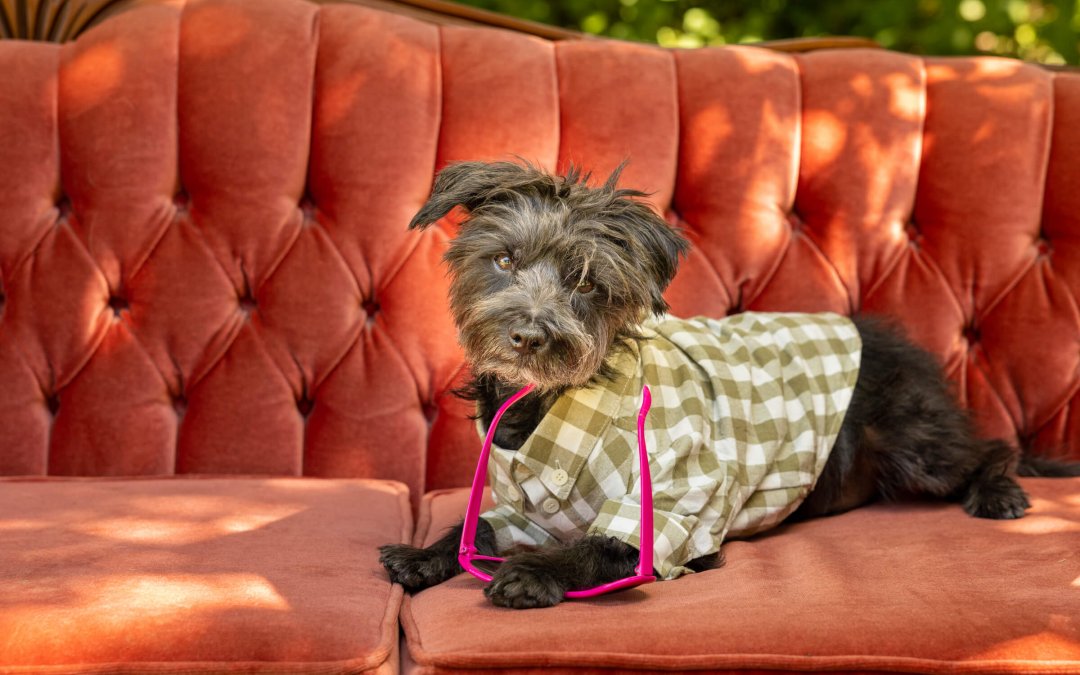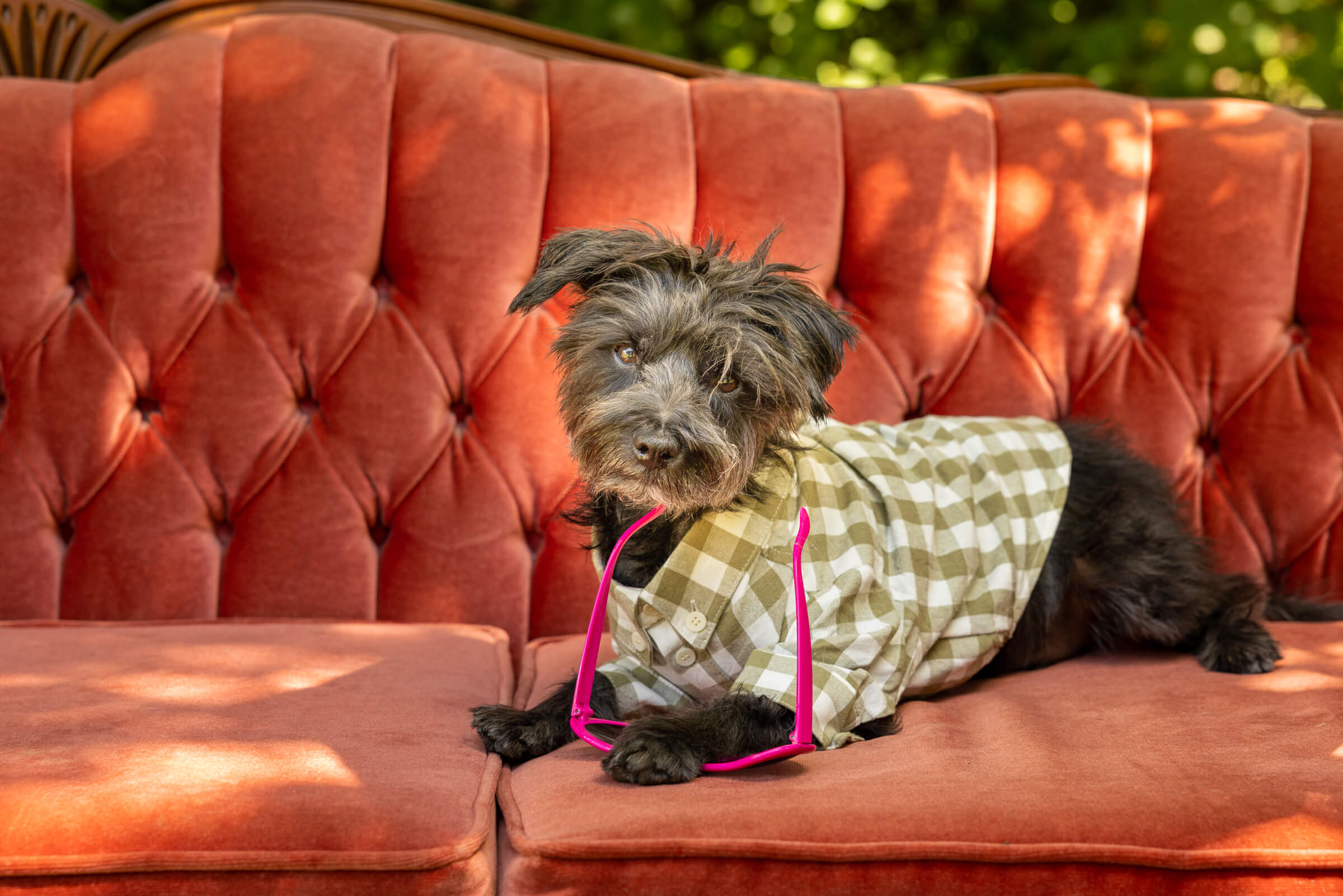
Does your dog or cat feel guilt? Does it matter?
You come home to the mess. And the look. You know the one – the head down, the puppy dog eyes that just cries out, “but…but…the pillow attacked me. And you were gone for so long. Please don’t be mad.“
Usually that’s all it takes for our hearts to melt and for us to move quickly from irritation to forgiveness and love. And so we clean up the mess and move on to snuggles.
But have you ever wondered if your pet actually feels sorry or is it all in your head? Are they manipulating our feelings? Well, let’s look at what the current science says…

1. Dogs definitely feel emotions.
While some researchers believe dogs have the mental and emotional development of a 2-year-old human, all agree that they are beings with the capacity to feel. They are not robots and our relationship with them is unique and special.
2. Great! What types of emotions?
Researchers believe that canines and felines feel primary emotions such as fear, anger, love, and happiness as a response to what is happening to them. That’s good news for us – it means that they are capable of loving us and forming a close attachment. That’s not in your head!
3. However…
The jury is out as to whether pets feel secondary emotions like jealousy and shame. Guilt is considered one of the secondary emotions.
Also, there is a question as to whether how long after they have done something they remember it, and can therefore associate feelings of guilt with a certain behaviour. That’s why you’ll often hear the advice of only trying to correct behaviour in the moment. Coming home to a mess and correcting the poor pup long after the incident occurred may not result in him being able to associate the punishment with the crime.
4. I don’t know – he looks guilty!
Ah yes, that look they give you when you discover the results of the misbehaviour.
Science hypothesizes that the “guilty” look you see is more than likely a result of the dog recognizing your behavious rather previously being scolded for his/her unwanted behavior. They learn to associate “misbehavior” (whether they really did it or not!) with the adverse response from their human. Your dog is responding to your reaction to their action.
In other words, when you discover the mess and you sound angry or frustrated, your dog is responding to your behaviour in that moment without necessarily knowing why you are angry or frustrated.
5. What about cats?
Cats might look guilty but it’s more likely they are following their instincts. Their cower might be a fear response to your yelling (not guilt for doing something wrong) or they might be fighting with a new cat in the household to establish territory (not because they’re jealous).
In conclusion…
If you are dealing with a pet’s challenging behaviour, be sure to visit a veterinarian ASAP to rule out any underlying medical reason.
While we still don’t know for sure if dogs feel sorry for what they’ve done, we do know that many dog moms and dads feel guilty for losing their cool with their dogs.
And ultimately, does it really matter what the science says?
When asked the question, 74% of dog parents believe their dogs feel guilt after their rule-breaking.
And 100% of cat parents (totally made up statistic) know that a cat is going to do what a cat wants. I know that our two have never looked guilty. Rather I’m sure that they believe that their undeniable cuteness gives them a free pass on everything.
And no number of scientific studies and research is ever going to change that!
